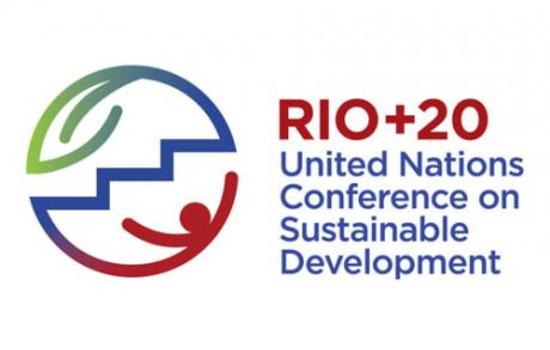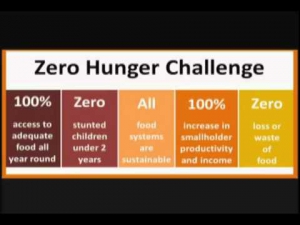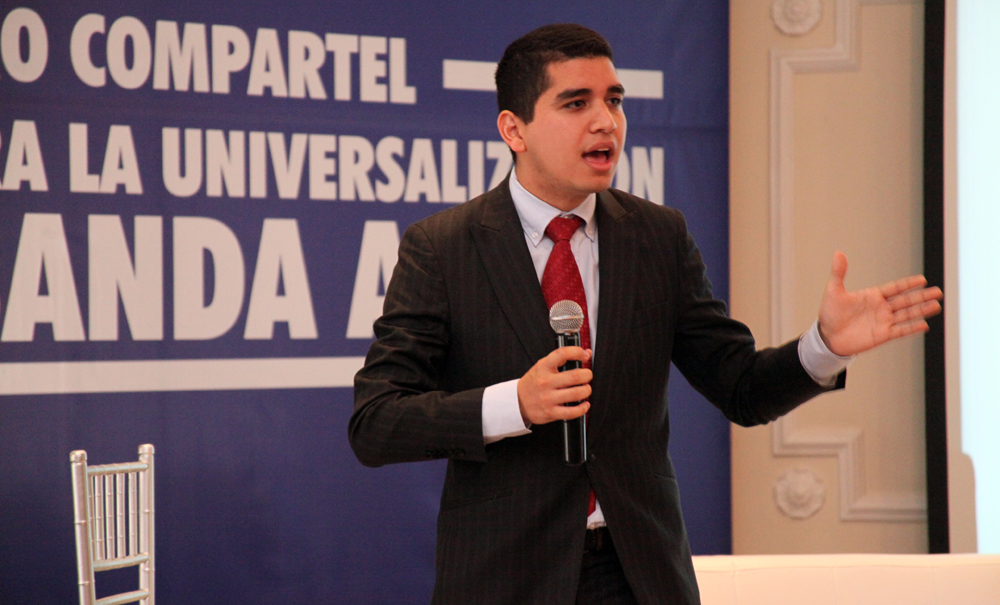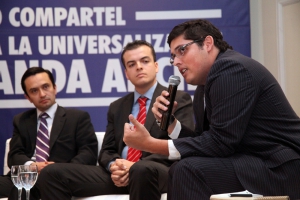In June 2012, the United Nations Conference on Sustainable Development took place in Rio de Janeiro, Brazil. Marking the 20th Anniversary of the Earth Summit, Rio+20 provided an opportunity for the world to reaffirm commitments to poverty erradication, sustainable development and environmental protection. Below, we explore various outcomes of Rio+20:

Photo credit: Voices of Youth
1. New Sustainable Development Goals
As a replacement for the Millennium Development Goals which end in 2015, the governments of Colombia and Guatemala have proposed Sustainable Development Goals. These goals would link environmental and human development concerns within broad categories such as changing consumption patterns, combating poverty, and advancing food security. While negotiations in Rio did not agree to specific themes, terms or commitments, an “open working group” of 30 nations was appointed to determine priorities for the pledge by September 2013.
2. Words, Words, Words
From cries of disgust and disappointment—Greenpeace deemed the summit “a failure of epic proportion” — to careful phrased optimism about sustainable development, Rio+20 was a war of words. Promises were made, fingers pointed, and cries of injustice abound, but in the end the most important words were found within “The Future We Want”. A non-binding communiqué ratified by all UN members that resulted in no financial commitments or concrete benchmarks.
Instead, much of the conference discourse centered around the dominant buzz word and concept of “the green economy.” We at Integra recently blogged about inclusive green growth efforts and sustainable development initiatives of the World Bank and International Monetary Fund.

Photo credit: UN
3. An Initiative to End Hunger
At the conference, UN General Secretary Ban Ki Moon launched the Zero Hunger Challenge, an initiative that aims to put an end to hunger, ensure resilient food systems, increase productivity and income of smallholder farmers, especially women, and eliminate food waste. The UN campaign is supported by the Food and Agriculture Organisation, the International Fund for Agricultural Development, the World Food Programme, Unicef, the World Bank, and various governments.
4. An Appreciation for the Energizing and Influential Power of Sideshow Events
More than 3,000 fringe events took place outside of the negotiations, producing significant outputs and exciting commitments. Passionate and innovative individuals, committed grassroots organizations, and forward thinking corporations were able to mold policy and influence international agreements in new and exciting ways. These outside movements energize and influence negotiations, and are an important reminder that individuals still have incredible influence on the state of the world.
5. Innovative Pledges from Unlikely Sources
While government negotiators could not agree to binding pledges, various corporations, individual states and industry groups committed to bold and creative ways of approaching the challenge of sustainable development. Some of the more interesting pledges include:
–Grenada announced its transport and electricity sectors will only use clean energy sources by 2030.
–Unilever promised to cut its greenhouse gas emissions in half by 2020 and find sustainable sources of beef, soy and palm oil to prevent the deforestation now stemming from production of these three major crops.
–Eight international development banks agreed to invest $175 billion to sustainable public transport systems over the next decade.
–European PVS industries made a commitment to recycle 800,000 tons of PVC each year through the VinylPlus programme.
–Microsoft will roll out an internal carbon fee on its operations in more than 100 countries, part of a plan to go carbon-neutral by 2013.

Photo credit: UNEP
The United Nations Environment Programme (UNEP) was strengthened with more funding, stronger powers to initiate scientfic research, a leadership role in coordinating global environmental strategies, and a vote of confidence for the organization’s much publicized transition to a focus on creating a green economy backed by strong social provisions.










































